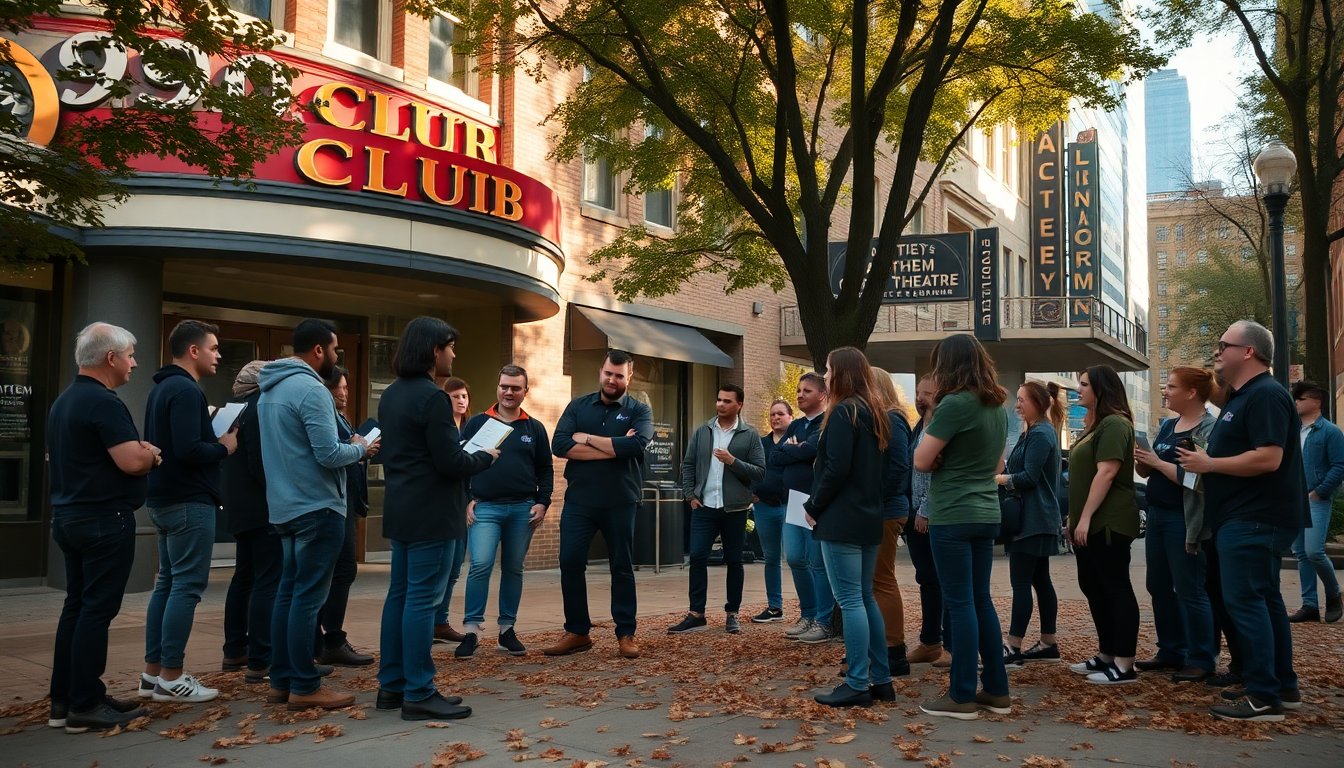Table of Contents
Employees from four prominent music venues in Washington, D.C., have taken significant steps to enhance their workplace conditions by initiating a union formation. The venues involved are the renowned 9:30 Club, Anthem, Lincoln Theatre, and Atlantis. On a recent Monday, staff representatives submitted formal petitions to their employer, the I.M.P. production company, expressing collective concerns regarding their working conditions and compensation.
The drive for unionization
The movement toward unionization represents a significant effort for fair treatment in the workplace. Employees from various sectors are increasingly turning to collective bargaining as a powerful tool to advocate for their rights. In Washington D.C. venues, workers have expressed concerns about wages, job security, and overall working conditions.
Wages and working conditions
Staff members have expressed significant dissatisfaction regarding their compensation, which they believe does not reflect the demanding nature of their roles. The music industry often necessitates long hours and a high level of commitment. However, many workers feel that their pay fails to acknowledge these efforts. Furthermore, employees have reported instances of unsafe working conditions, stating that management has not provided adequate support to resolve these issues.
Through unionization, these workers seek to negotiate for improved wages and safer working environments. This collective action represents a movement toward empowerment, as employees recognize that their voices are amplified when they stand together. This struggle transcends individual complaints; it aims to cultivate a culture of respect and recognition within the workplace.
The role of unions in the music industry
The music industry features a significant history of union representation, offering workers a platform to negotiate fair terms. Unions provide essential support in areas such as health benefits, pension plans, and other critical worker rights. For those involved in live music and entertainment, union membership can profoundly influence their work experience.
History of unionization in entertainment
Many performers and behind-the-scenes workers have historically faced similar challenges, prompting the establishment of unions to protect against exploitation. The American Federation of Musicians and other unions have been instrumental in improving conditions in the entertainment sector. As employees at venues in Washington, D.C., initiate their unionization efforts, they continue the legacy of workers advocating for their rights.
This movement highlights a growing trend where employees across various industries are asserting their rights and recognizing the power of solidarity. Staff members at the 9:30 Club and its affiliated venues are leading by example, sparking important discussions about labor rights within the music industry.
The future of the unionization efforts
As workers advance their plans, they will engage in negotiations with the I.M.P. production company. The results of these discussions could significantly influence the future of these venues and their employees. A successful negotiation could establish improved working conditions not only for current staff but also for those who will join in the future.
The implications of this movement extend beyond the local scene. An effective union could inspire similar initiatives across the country, encouraging workers in the music and entertainment industries to advocate for their rights. The staff’s efforts may lead to a fundamental shift in how venues operate, resulting in a more supportive environment for all employees.
The push for unionization at the D.C. music venues signifies a pivotal moment in the ongoing struggle for workers’ rights. As employees unite to voice their demands, they contribute to a broader movement that seeks to redefine labor standards in the entertainment industry.


